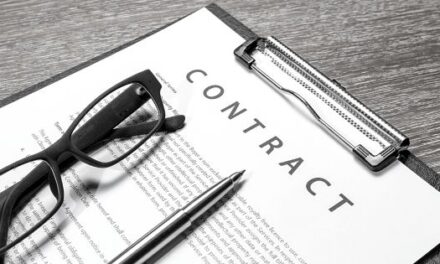Being a Director of a company, large or small, comes with very specific responsibilities and obligations. While it is important to bring a compatible skill set to the business, it is also imperative that a Director develop an expertise that is specific and unique to the business they are responsible for. Therefore, when you come into the role of Director you not only have a responsibility to apply common business knowledge, but you also have the obligation to learn and incorporate business principles and understandings that are specific to the business you are overseeing.

The basic role of a company Director is to act in the best interest of the company and its shareholders (if any) when making decisions and managing the financial health and well-being of the corporation. This includes;
- Understanding the various aspects of the business
- Being familiar with any and all contracts that the business enters into
- Taking an informed and active role in decision making
- Securing the expertise of others for matters that are beyond your knowledge and scope; for example, lawyers, financial advisors, accountants
- Creating relationships with management and employees
- Cultivating a solid financial understanding of the business and documenting the same with care and accuracy
Record Keeping
In addition to having a complete understanding and full involvement in the above-mentioned workings of the business, a Director also has particular obligations. The most common obligation is one of keeping accurate records of the financial doings of the corporation. This entails keeping accurate records of;
- Contracts
- Invoices
- Accounts Receivable
- Banking actions and statements
- Liabilities
- Mortgages, leases, business loan information
All of these financial components must be carefully and accurately recorded and available for accounting and review. A Director is responsible for making this information available to all those who have a financial relationship with the company including shareholders, employees and institutions that have a financial stake in the business.
Due Diligence
Every Director, regardless of the extent of their involvement in a corporation, is bound to perform their duties with care and due diligence. This means that a lack of knowledge will never be a defence to having made a bad business decision. A Director is always tasked with the responsibility of fully understanding each and every financial decision they are making and all of the obligations arising therefrom. Therefore, if a Director is faced with making a decision that they are uncertain about, or do not possess the adequate level of expertise to make, they must educate themselves by whatever means necessary to allow themselves to make a sound decision that is in the best financial interest of the company.
Ignorance will never suffice as a reasonable excuse for a bad business decision.
Australian Securities and Investment Commission
Finally, and most importantly, all businesses are responsible to follow the rules and regulations of the ASIC. As a Director you have some basic responsibilities to keep your annual review fee paid, to provide proof of the solvency of your business and to provide accurate and regular details about your company and any changes made to the manner in which it operates. Lastly, you must be able to provide accurate and complete accountings if requested of you.
While these obligations may seem overwhelming, it is very possible to gain a strong understanding of what is required of you as a Director and to successfully fulfil your obligations. In the event that a Director finds themselves in a place of limited knowledge about their responsibilities and obligations, the wisest action to take is to seek the appropriate professional assistance. By doing so as a Director you knowledge base and meet your obligation of due diligence.



















